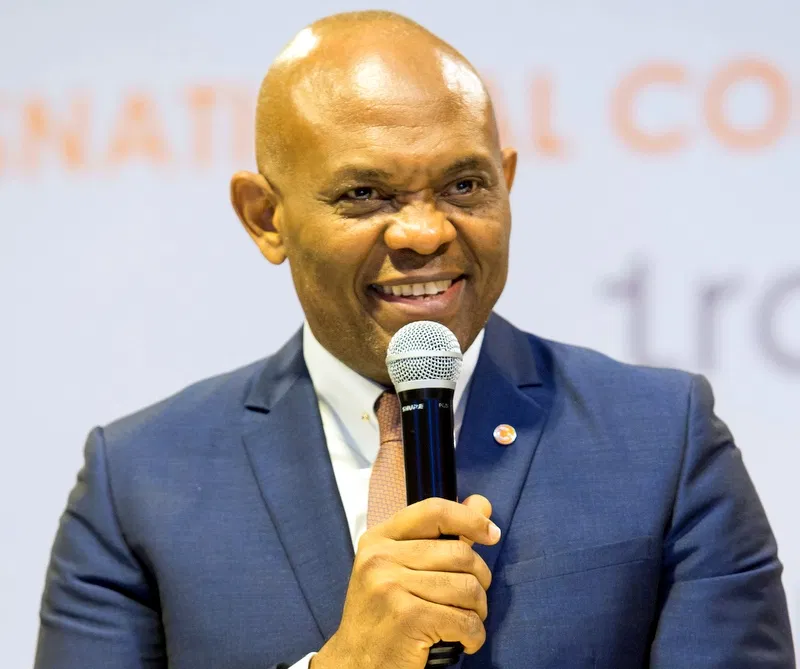Chairman of Heirs Holdings and United Bank for Africa (UBA), Tony Elumelu, has called on African governments to unlock the continent’s vast pension and sovereign funds to address its persistent electricity deficit and drive inclusive economic growth.
Speaking in Washington on Thursday during the launch of a UBA white paper on Mobilising Over $4 Trillion in Untapped Domestic Capital Across Africa, Elumelu said Africa must look inward to finance its own development rather than depend on foreign capital while sitting on idle resources.
He noted that trillions of naira and dollars in pension assets remain tied up in low-yield instruments like treasury bills and sovereign securities, stressing that such funds could be redirected toward infrastructure, manufacturing, and renewable energy projects.
“Getting pension funds and investing them in treasury bills is not what will help Nigeria or Africa develop. You need to go and invest in critical sectors. There might be five or ten per cent loss — no problem, we will learn over time. But we need it to work for the African people,” he said.
Elumelu commended Nigeria’s establishment of the Contributory Pension Scheme (CPS) under former President Olusegun Obasanjo, describing it as a visionary reform that must now be leveraged for national development.
He lamented that more than half of Africa’s population still lacks access to electricity — a condition he said is “unacceptable and incompatible” with the continent’s digital and Artificial Intelligence (AI)-driven ambitions.
“Electricity is so critical to power data and AI revolution. Over 50 per cent of our people do not have access to electricity. Our youth are not asking for sympathy; they are asking for systems that work,” he said.
Elumelu emphasised that the power sector remains Africa’s most critical bottleneck, warning that without reliable energy, the continent’s transformation will remain elusive.
The UBA white paper, unveiled at the global meeting, calls for collaboration among African governments, development finance institutions, and private investors to mobilise domestic resources for long-term growth.
He urged policymakers to create a conducive investment environment, saying that mobilising local capital would demonstrate seriousness and attract more international investors.
“Once we begin to mobilise our own trillion dollars, others will come in because they will see that we are serious,” Elumelu said.
He concluded by reaffirming faith in Africa’s youth, describing them as talented, resourceful, and ambitious — but in need of systems that enable them to thrive.





